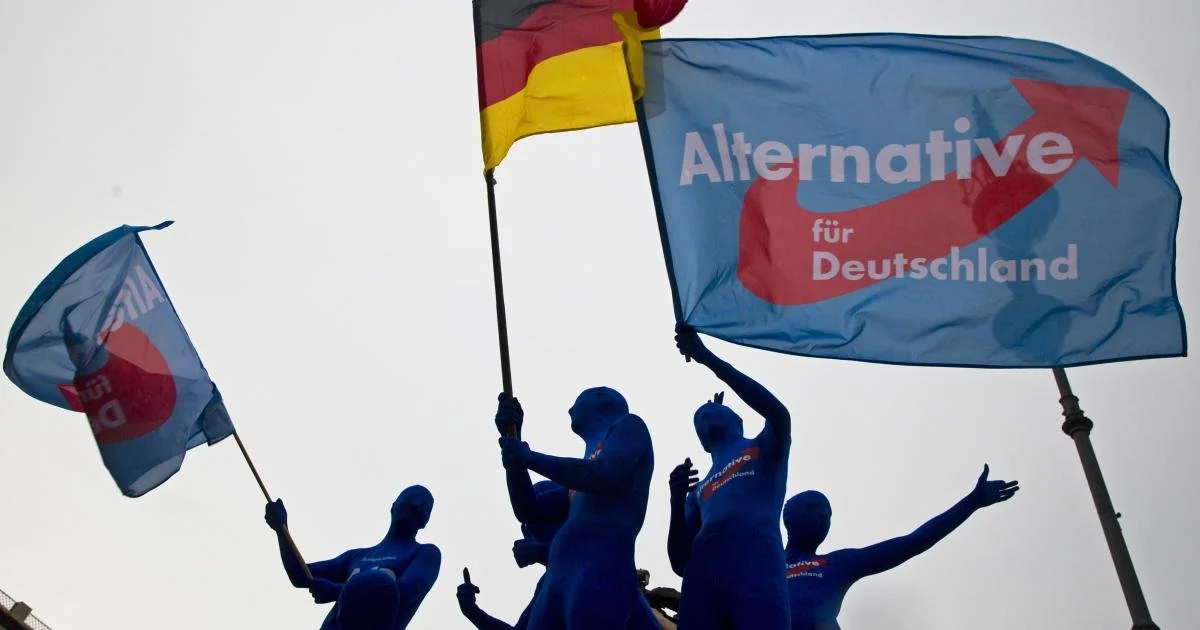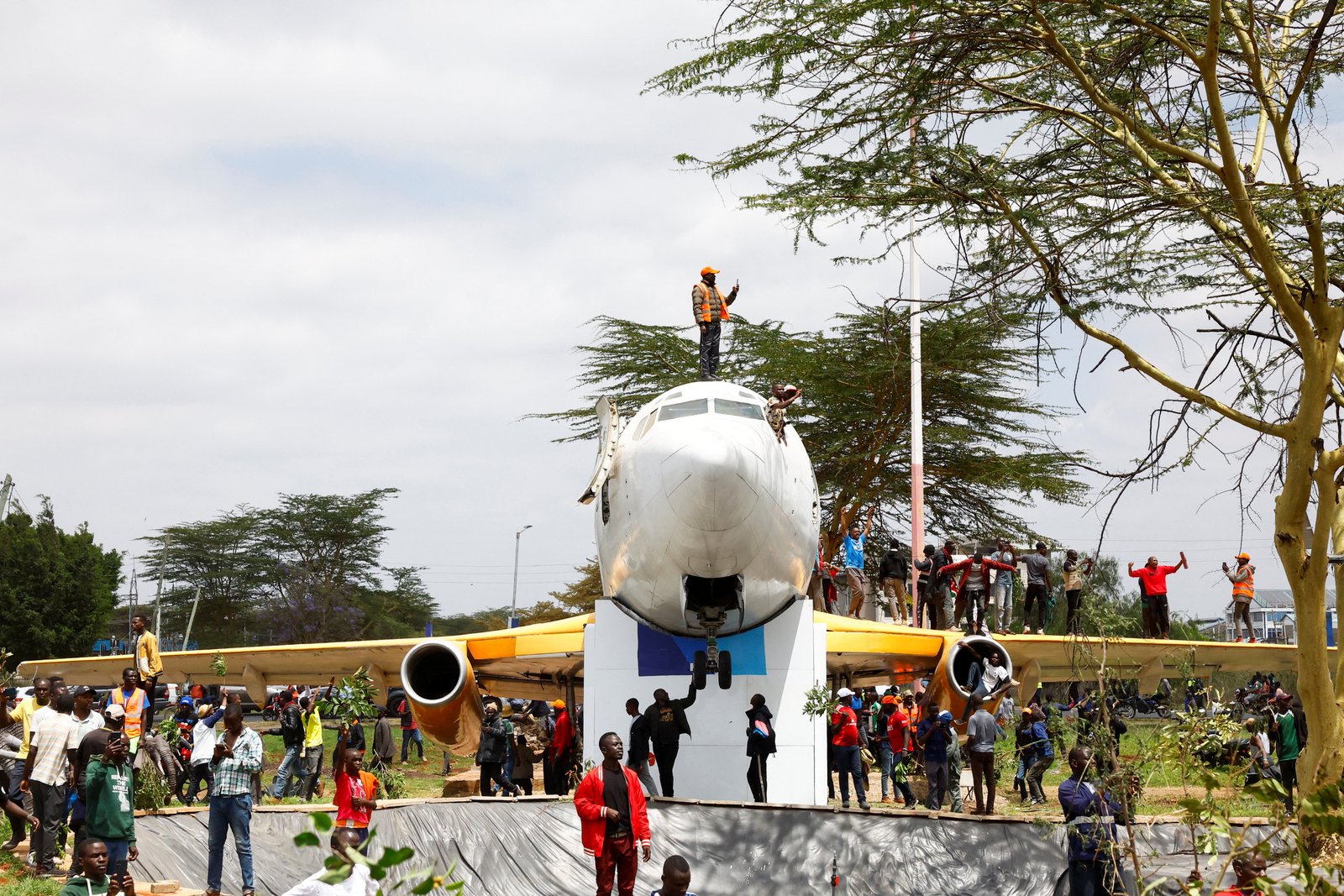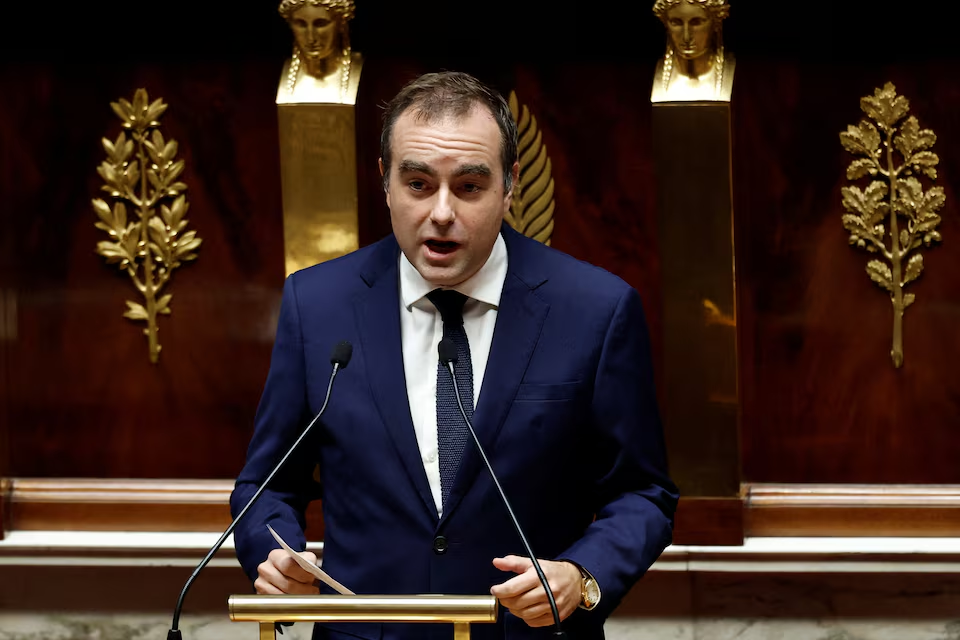Rise of Right-Wing Movement in Germany's Bundestag Election - New Debate in German Politics
Germany is preparing for the Bundestag (lower house) elections on February 23, 2025, marking a significant moment in the country’s political history. Following the collapse of the government’s "traffic-light" coalition, consisting of the Social Democrats (SPD), the liberal Free Democratic Party (FDP), and the Green Party, preparations for this election have begun. Due to Germany’s proportional electoral system, pre-election polls are providing a strong indication of possible government formations.
In this election, the right-wing and Eurosceptic party "Alternative for Germany" (AfD) has surged to second place, currently securing about 20% of the vote. Meanwhile, the Christian Democratic Union and Christian Social Union (CDU/CSU) lead with 32% of the vote. Support for the SPD and the Greens is gradually declining, with the SPD receiving 15.8% and the Greens 13.3%. The FDP, despite being on the verge of electoral failure, is projected to get about 3.8%, falling short of the 5% threshold required for parliamentary representation.
The rise of the AfD, particularly its opposition to immigration from Muslim-majority countries and criticism of European Union policies, has boosted its popularity. While mainstream political parties continue to reject any association with the AfD, its rise has deepened political divisions within the country.
At this time, comments by American tech entrepreneur Elon Musk have further fueled this tension. In a controversial article published in Welt am Sonntag, Musk expressed support for the AfD, calling it "Germany’s last hope," and defended its leader Alice Weidel, saying, "Does that sound like Hitler to you? Please!" Musk’s comments have sparked widespread criticism, especially from AfD’s immigration, nationalism, and right-wing populist stances.
Musk’s endorsement has elicited a strong response. Eva Marie Kogel, editor of Welt am Sonntag, resigned after publishing Musk’s article, citing it as a protest against his controversial views. Likewise, German political leaders strongly condemned Musk’s remarks. CDU leader Friedrich Merz called them "overbearing and presumptuous," while SPD co-leader Saskia Esken labeled Musk as a threat to democracy. Chancellor Olaf Scholz rejected Musk’s comments, saying, "Don’t feed the troll," emphasizing that Germany’s democracy would not be destroyed.
As the election approaches, Elon Musk’s support for the AfD has deepened the divisions within German politics, raising concerns about Germany's future political position and its relationship with Europe.










